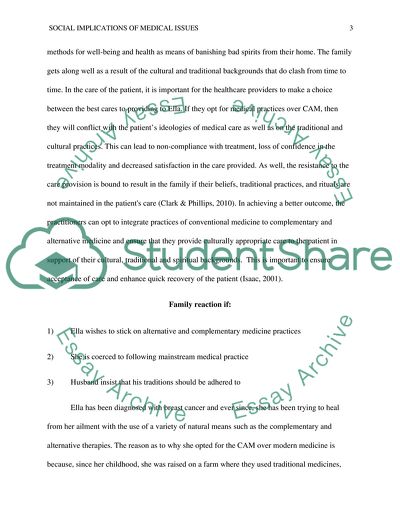Cite this document
(Social Implications of Medical Issues Term Paper, n.d.)
Social Implications of Medical Issues Term Paper. https://studentshare.org/health-sciences-medicine/1870912-social-implications-of-medical-issues
Social Implications of Medical Issues Term Paper. https://studentshare.org/health-sciences-medicine/1870912-social-implications-of-medical-issues
(Social Implications of Medical Issues Term Paper)
Social Implications of Medical Issues Term Paper. https://studentshare.org/health-sciences-medicine/1870912-social-implications-of-medical-issues.
Social Implications of Medical Issues Term Paper. https://studentshare.org/health-sciences-medicine/1870912-social-implications-of-medical-issues.
“Social Implications of Medical Issues Term Paper”. https://studentshare.org/health-sciences-medicine/1870912-social-implications-of-medical-issues.


